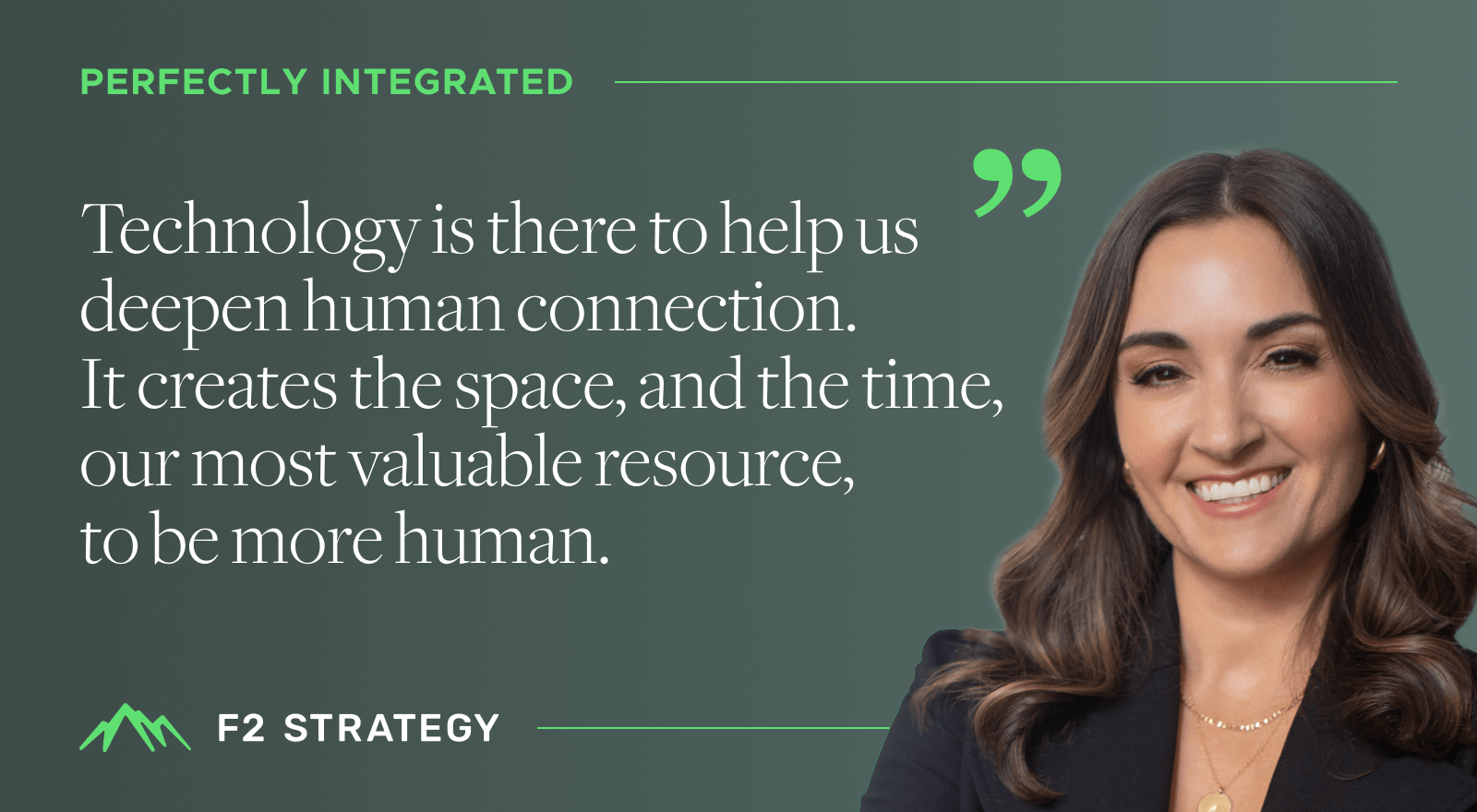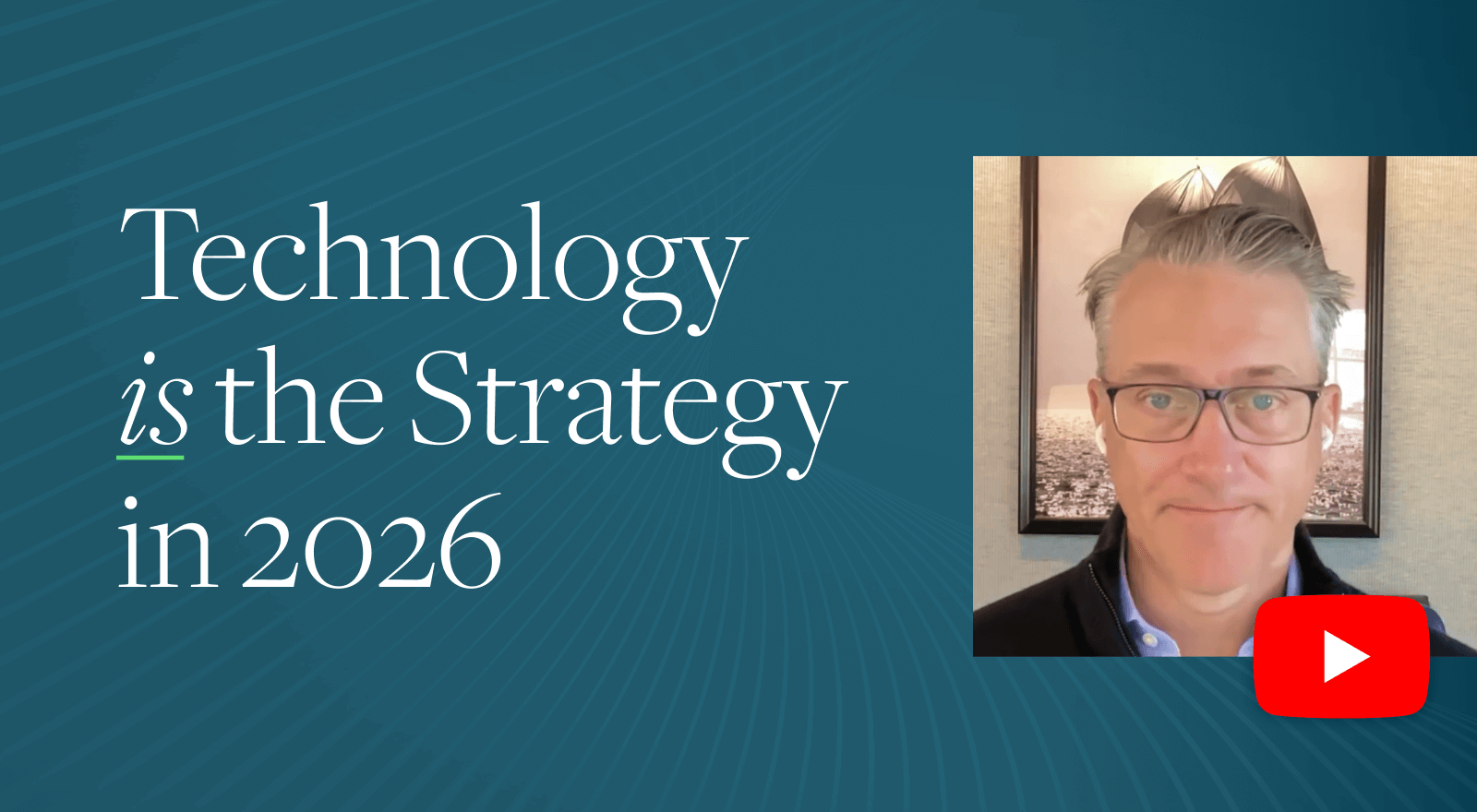Sign up to get industry insights delivered directly to your inbox
The wealth management industry has reached significant maturity in the alternative investments space. F2’s recent research indicates more firms are offering alternative investment opportunities than when it last surveyed its cohort of wealth management firms in 2022. However, many fewer firms than expected are managing their alternative investment activities with technology.
“We would expect to see the use of technology grow at the same rate or even faster than the increase in firms using alts,” said Doug Fritz, F2 Co-Founder and Executive Chair. “But we’re seeing only half of firms using tech which means many are doing it manually — and doing it the hard way.”
F2’s recent research on alternative investments also uncovered a broadening divergence in platform providers and explored how standardization could ease the level of complexity involved in managing alternative investments and revealed how the work of technology has benefited advisors in this area.
Trend 1
Alternative Investment Opportunities Grow, but 50% of Wealth Management Firms Still Don’t Use Technology to Manage Them

Insights and Actionable Intel
- Wealth management firms have significantly increased opportunities for alternative investments over the past three years.
- The average AUM allocated to alternatives rose from $7.5 billion (2022) to $12 billion (2025.)
- Despite the increase, only 50% of firms report using a third-party tool to manage alternative investments.
- Take Action: Explore how technology could improve your capabilities. Firms that did implement technology saw benefits that include improved data accuracy, access and visibility, and timelines
Trend 2
Growth of Automated Platform Providers Gains Momentum

Insights and Actionable Intel
- There is a growing crop of systematized and automated alternatives platforms now available to the market which provide increased access to historically hard-to-access sources of private investment for clients.
- The traditional avenue to alternatives is still manual and time intensive which makes it less and less compelling as the more automated versions get access to the complexity.
- The growth of platforms and marketplaces like iCapital are indicators of the push towards streamlining the process versus firms building and operating bespoke alts.
- Take Action: As growth and competition among platform marketplaces continues, consider emerging providers who have digitized and streamlined the process, such as Otto, GlasFunds, and Proteus.
Trend 3
ILPA Standards Could Reduce Complexity and Simplify Investing in Alternatives

Insights and Actionable Intel
- The Institutional Limited Partners Association (ILPA) supports the interests of limited partners (LPs)—typically institutional investors like pension funds, endowments, foundations, insurance companies, and sovereign wealth funds—that invest in private equity and venture capital funds.
- If ILPA continues gaining traction, the private equity ecosystem could become more LP-friendly, transparent, and disciplined—reshaping the balance of power in long-standing GP-LP relationships.
- ILPA recently issued a new reporting standard: “The updated reporting template should be provided in Excel or digital format that is compatible with reporting software systems and allows for aggregation and analysis of information. To maximize the usefulness of the data being presented, PDF format is not recommended.”
- Since most GPs use PDFs, this new standard means they will have to rethink their technology before Q1 2026.
- Increased standardization at the fund accounting level and access to that fund accounting data in wealth management could help the industry overcome a lot of the problems it faces with alternatives.
- Take Action: Wealth management firms should question why there is so much complexity in managing alternative investments when the information is coming from the same six fund accounting platforms.
Trend 4
Firms See Range of Benefits in Using Technology to Operationalize Alternatives

Insights and Actionable Intel
- Wealth management firms using technology to aid in the processing and management of alternative investments have seen it provide lift.
- Many firms choose a platform from a vendor where they already have a relationship so they can consolidate technology.
- For larger wirehouses, the inclusion of alternatives in more average investor portfolios has scaled significantly. Determining how to operationalize their alternative investments processing and the integration of technology into their technology platforms will be a big lift.
- Take Action: Think through how much you should expand your alternatives universe, how much more you put in client portfolios, and how much more that's going to be an operational drain on your business.
Trend 5
Firms Experiencing Difficulty with Reporting on Alternative Investments

Insights and Actionable Intel
- While more firms cite investment operations and implementation and internal operations and automation as their top two challenges, reporting is a close third.
- Firms report difficulty with combining internal rate of return calculations on alternative investments and the traditional time-weighted rate of return calculations and how to display them.
- Take Action: Seek best practices about how to present that data to clients in a way that tells a story.
F2 Strategy Survey Information: The data in this report is generated from a survey conducted by F2 Strategy in February 2025. The survey includes responses from 47 leading RIAs, Wealth Management firms and Broker/Dealers representing $6 trillion in assets.


.png)


